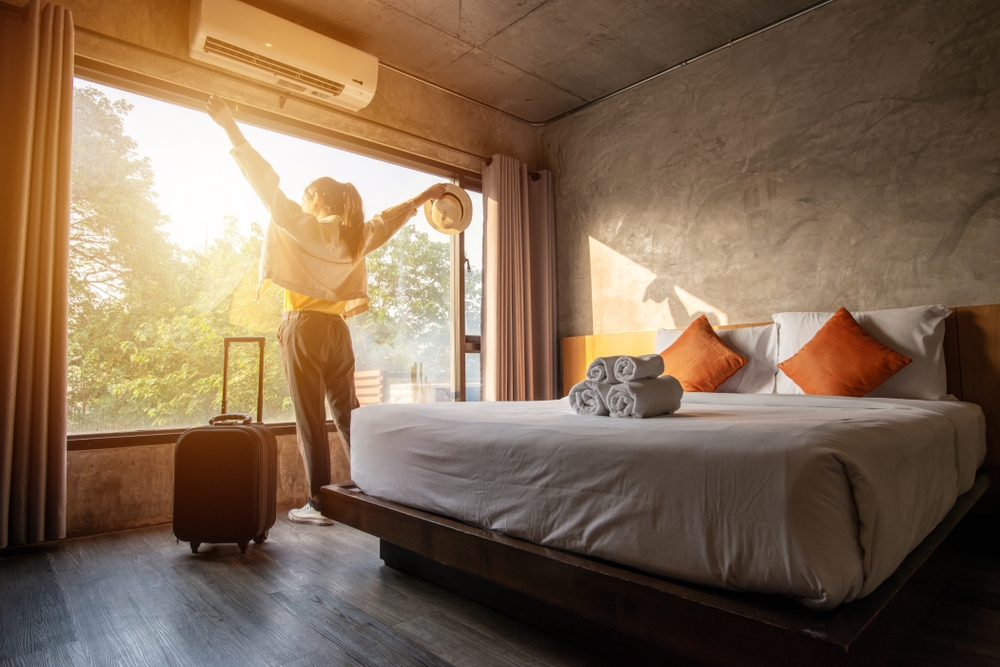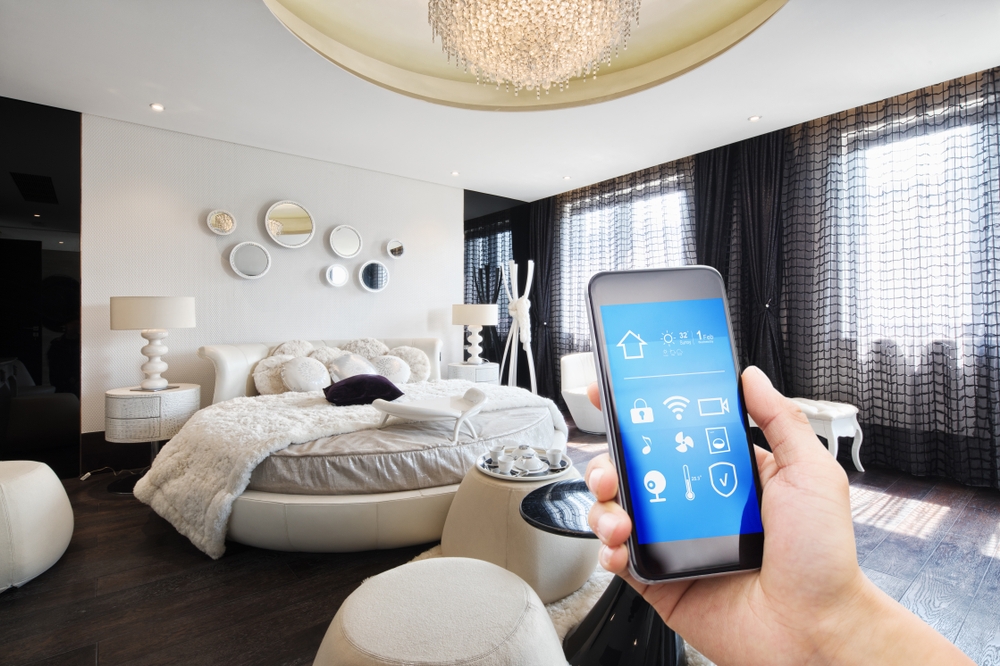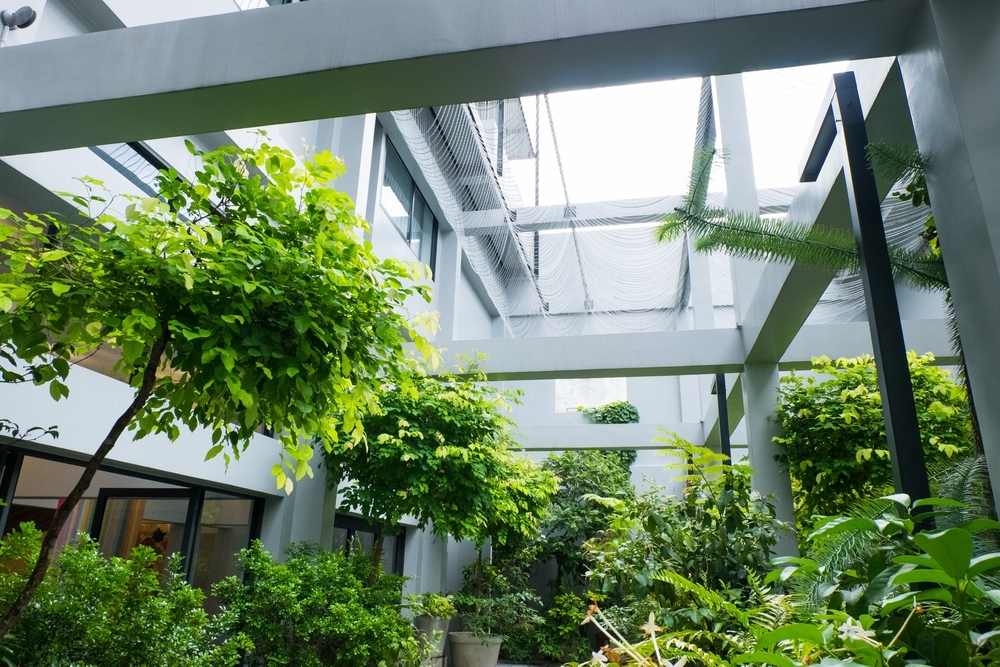Improving the Customer Experience in Hotels
By Nikita Nielsen · 17. April 2024
Guests today expect more than the basics from their hotel stay; they’re looking for exceptional experiences that make their trip memorable.
This article outlines strategies for improving customer experiences in hotels, including leveraging technology📱 for check-ins and adding personalised touches.
Key Takeaways
- Utilise technology for seamless check-ins/outs to reduce inconvenience and demonstrate organisational efficiency.
- Tailor the experience with personalised services to evoke a sense of VIP treatment in each guest’s unique narrative.
- Ensure clean surroundings, provide eco-friendly amenities, and leave a lasting impression on environmentally conscious guests.
Understanding the Importance of Customer Experience in Hotels
 a happy hotel guest
a happy hotel guest
In the hospitality industry, guest satisfaction goes beyond a warm smile or a well-furnished room-it’s an all-encompassing journey from booking to check-out.
A positive guest experience will not only boost a hotel’s reputation but also contribute significantly to its financial success🚀.
But what exactly does it take to create such an experience?
A customer-focused approach is key, aiming to surpass guest expectations during each interaction.
Understanding and meeting guest needs is essential, making them feel valued throughout their stay.
Enhancing Hotel Check-In and Check-Out Processes
In the hotel industry, the check-in process is the first direct interaction guests have with staff.
Using technology for online check-in and check-out can streamline this process, reducing guest complaints and allowing staff to focus on personalised service.
Benefits of online check-in/out systems include:
- Less workload on front desk staff
- More time for personalised service
- Increased operational efficiency
- Significant cost savings
Another way to enhance the check-in and check-out processes is through automation.
By using dedicated software, hotels can reduce manual paperwork and administrative duties, improving operational efficiency and data accuracy.
In addition, using secure payment gateways for electronic billing in online check-out systems can provide a seamless and error-free payment experience for guests.
Improving check-in and check-out processes creates a positive guest experience from start to finish.
But what about everything in between?
Creating Personalised Guest Experiences
 happy couple with hotel receptionist
happy couple with hotel receptionist
In today’s digital age, personalization is crucial in the hospitality industry. Hotels can use guest preference data to tailor unique experiences.
Online systems collect this data in advance, creating detailed guest profiles for customised services.
But personalization goes beyond knowing your guests’ preferences. It involves offering personalised packages and add-ons based on data analysis, enhancing satisfaction and encouraging repeat business.
Small gestures like personalised greetings and handwritten notes📝 can also make a big impact, showing guests they are valued.
Creating personalised experiences is simpler than it seems – understand your guests, cater to their preferences and go the extra mile to make them feel special!
Utilising Technology to Improve Customer Experience
 SMART hotel room with mobile phone control
SMART hotel room with mobile phone control
The hospitality industry is keeping pace with the introduction of smart rooms, rooms powered by AI and voice recognition.
These rooms allow guests to control lighting, temperature and entertainment systems with voice commands.
Digital bookings and mobile check-ins are also part of the technological revolution in hotels, improving guest experiences while allowing staff to focus on personalised service.
While technology is important, exceptional service and staff training are still essential for a complete customer experience.
Focusing on Exceptional Service and Staff Training
Exceptional service is essential in the hospitality industry. To ensure exceptional service, it’s crucial to have a team of well-trained employees.
Ongoing training programs, including customer service training, help employees adapt to new technologies and trends so that the hotel remains competitive.
Investing in staff training also increases employee engagement and retention.
But great service goes beyond training. Effective communication is key to meeting guest needs quickly and maintaining strong guest-hotel relationships.
Collecting and implementing guest feedback is crucial to improving service quality and ensuring a memorable guest experience.
By prioritising quality service, hotels can guarantee an unforgettable stay for their guests.
Gathering and Implementing Guest Feedback
Guest feedback is essential in the hospitality industry, serving as a key🔑 for improvement.
To gather feedback, hotels use surveys, direct emails, personal interactions, and digital platforms.
The challenge, however, is in effectively managing this feedback, which includes:
- Streamlining multi-channel collection
- Monitoring feedback in real-time
- Implementing feedback loops
- Encouraging anonymous responses
- Training staff on feedback management
- Using a guest satisfaction index
These tools can identify areas for improvement and enhance the overall hotel customer experience.
Showcasing Local Attractions and Partnerships
Hotels can enhance guest experiences by showcasing local attractions and partnering with nearby businesses and tourist destinations.
By promoting exploration of the local area and encouraging engagement with culture, food, and attractions, hotels can add a unique flavour to the guest experience.
Moreover, themed packages and guided tours linked to local events, historical sites, or cultural landmarks provide a comprehensive and unique experience, adding value to the stays of guests attending special events.
Prioritising Room Cleanliness and Quality Amenities
 Clean modern hotel room
Clean modern hotel room
Cleanliness and hygiene are top factors that guests consider when selecting a hotel.
Therefore, implementing regular and rigorous cleaning schedules is a must for any hotel that wants to meet guest expectations when it comes to hygiene.
However, quality amenities also play a significant role in enhancing the guest experience. And this isn’t just about luxurious toiletries or plush robes.
It could be as simple as offering organic and fair-trade bathroom products in biodegradable packaging.
Emphasising room cleanliness🧹 and providing top-notch amenities is essential for ensuring an outstanding guest experience.
Offering Eco-Friendly Options for Environmentally Conscious Guests
 modern hotel with beautiful ecofriendly garden
modern hotel with beautiful ecofriendly garden
With an increasing number of people becoming eco-conscious, hotels need to offer eco-friendly options to appeal to these guests.
One way to do this is by providing electric vehicle charging stations, which encourage eco-friendly transportation among hotel guests.
Hotels can also reduce food waste and support sustainability by participating in composting programs.
In addition to providing electric vehicle charging stations and participating in composting programs, hotels can also implement other efficient sustainable practices, such as:
- Installing energy-efficient lighting fixtures and appliances throughout the hotel
- Utilising renewable energy sources, such as solar panels or wind turbines
- Implementing water-saving measures
- Incorporating smart thermostat systems
- Using eco-friendly cleaning products
- Offering guests the option to reuse towels and linens to reduce water and energy consumption
By adopting these eco-friendly practices, hotels not only contribute to environmental sustainability🌳 but also cater to the preferences of eco-conscious guests.
Such initiatives not only enhance the guest experience – they also contribute positively to the overall wellbeing of the planet.
Hosting Special Events and Celebrations
By hosting themed events, such as rooftop yoga sessions at sunrise or outdoor movie nights🍿🎥 under the stars, can offer unique experiences to guests.
But it’s not just about the events. Hotels can also attract guests during local events by offering themed rooms and special packages.
And let’s not forget about the food. Spicing up the hotel menu with items inspired by popular culture can add a special touch to the dining experience during events.
Moreover, utilising the hotel’s lobby or common areas for event-centric activities, like themed happy hours, caters to the lively atmosphere of special events.
Summary
In this guide, we’ve explored various practices for enhancing the customer experience in hotels.
From leveraging technology for smooth check-ins to offering personalised services and showcasing local attractions, hotels can create memorable experiences for their guests.
Emphasising room cleanliness, providing eco-friendly options, and hosting special events further contribute to the overall guest satisfaction.
By doing this, hotels not only meet but exceed guest expectations, leading to increased loyalty and a positive reputation.
At the end of the day, it’s all about making the guest feel special, valued, and most importantly, eager to return.
Frequently Asked Questions
How can hotels create personalised guest experiences?
Hotels can create personalised guest experiences by using guest data to offer tailored packages and greetings, making each stay unique and special.
What role does technology play in improving customer experience in hotels?
Technology in hotels improves customer experience by enabling staff to focus on personalising guest interactions, using features like smart rooms and digital bookings.
Why is it important for hotels to gather and implement guest feedback?
It’s important for hotels to gather and implement guest feedback in order to improve customer experiences by identifying areas for improvement.
How can hotels cater to environmentally conscious guests?
Hotels can cater to environmentally conscious guests by providing eco-friendly amenities such as electric vehicle charging stations and implementing energy- and water-saving initiatives.
How can hotels enhance guest experiences by showcasing local attractions and partnerships?
Hotels can enrich your stay by giving you the inside scoop on local attractions, teaming up with nearby businesses, and presenting themed packages and guided tours.

